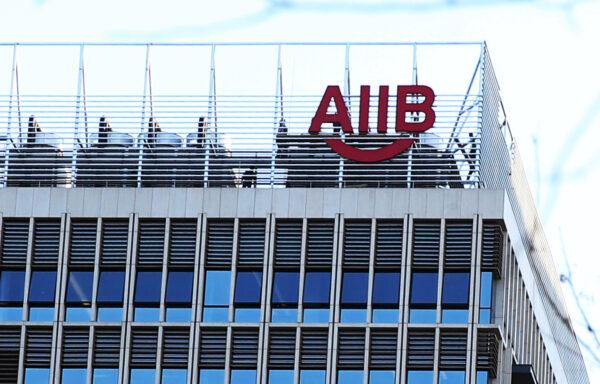Nearly a month after Canada announced it would pause all activity at the Asian Infrastructure Investment Bank (AIIB) while conducting an investigation, Canada still remains invested in the Beijing-founded institution.
On June 14, Ottawa announced it would cease all activity at the AIIB while it investigated allegations made by its former global communications director, Bob Pickard, who claimed shortly after his resignation that the bank was “dominated” by the Chinese Communist Party (CCP), and that it’s not in Canada’s interest to be part of the bank.





